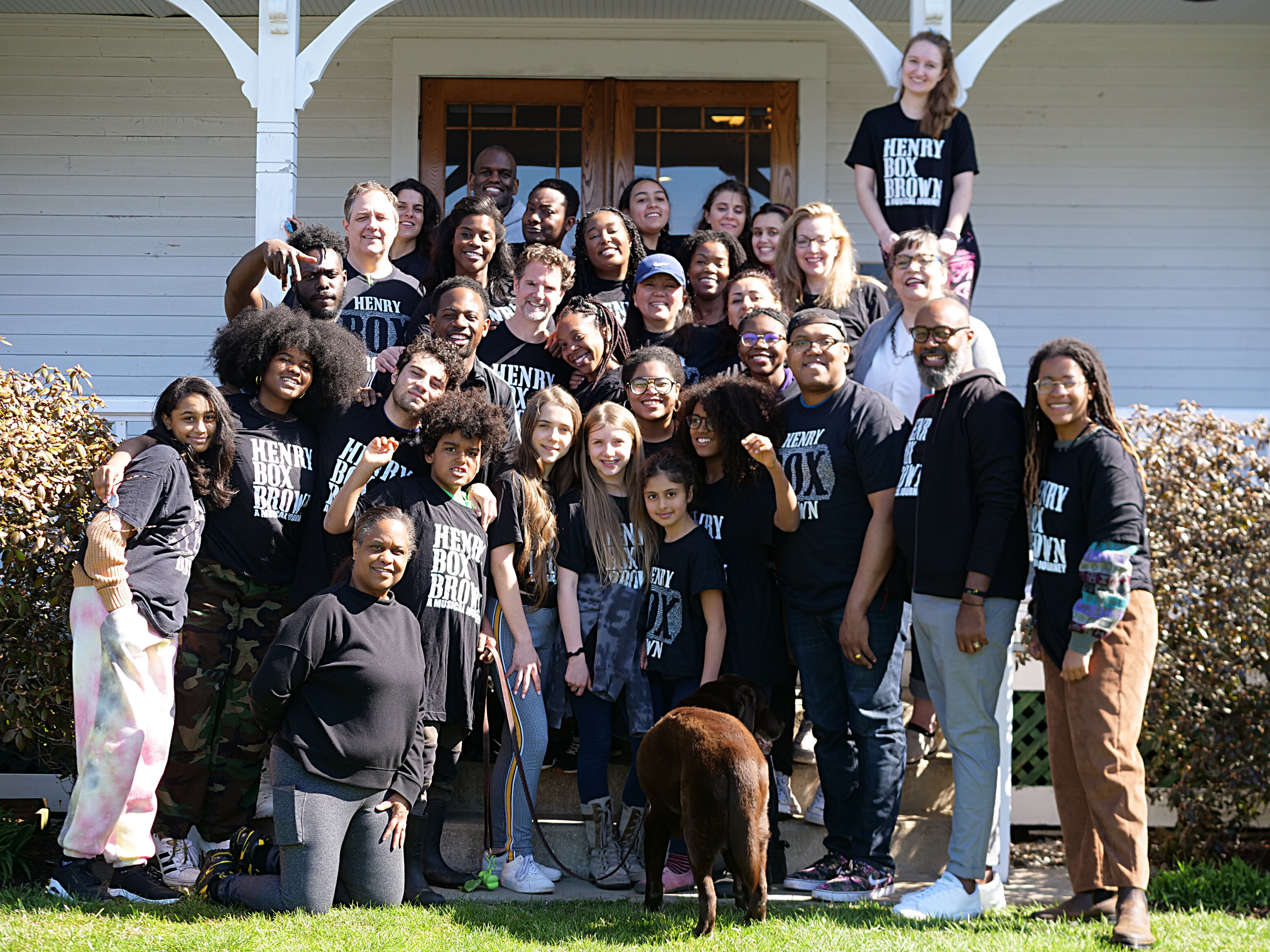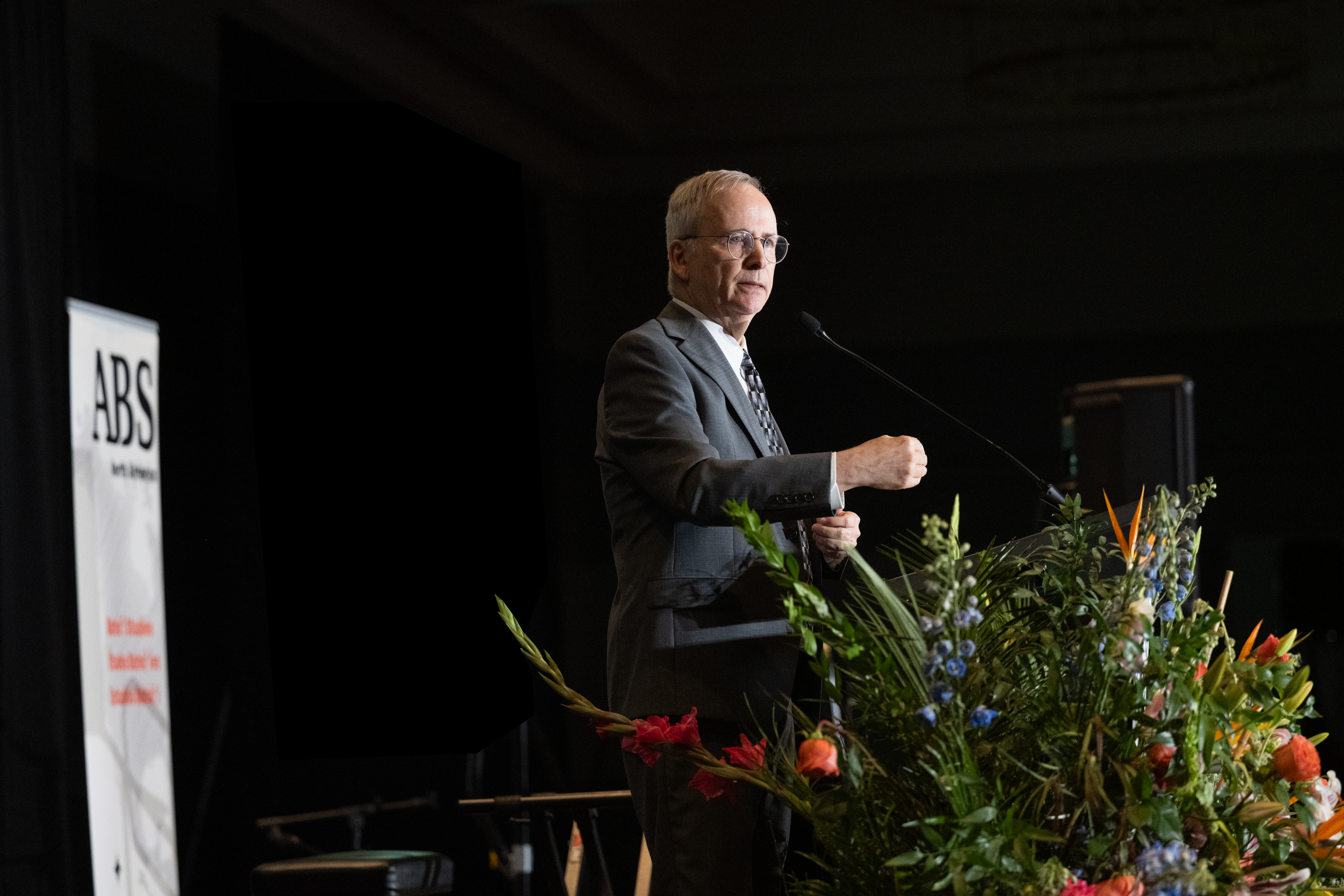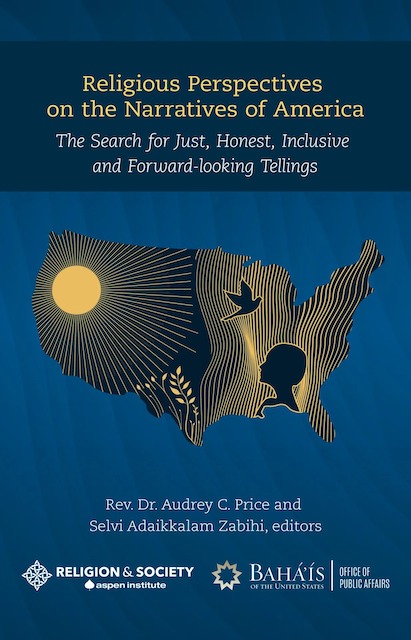
Health, environment and justice
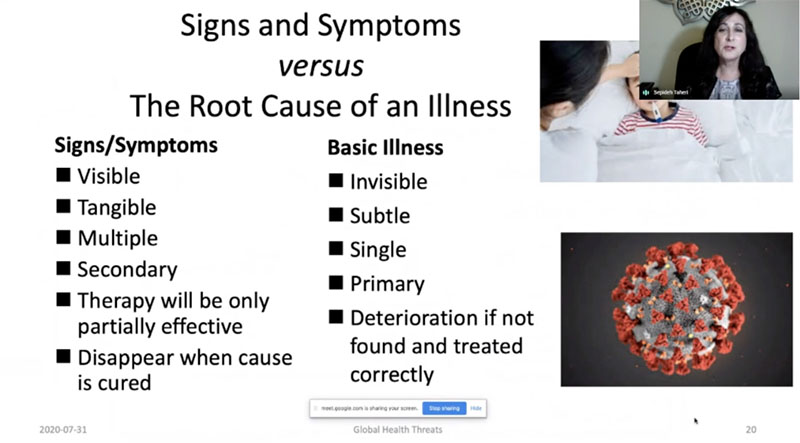
Highlights of a few presentations on health, the environment and justice from the 2020 conference of the Association of Baha’i Studies:
Keynote panel: The Social and Spiritual Implications of the Pandemic, Aug. 8
For humanity to emerge whole from the COVID-19 pandemic, a spiritual view of justice will have to be applied alongside medical measures. That was a common thread in this presentation by three scholars, the final keynote event of the 2020 conference of the Association for Baha’i Studies-North America.
 Mojgan Sami, a public health professor at California State University, Fullerton, outlined several past plagues and the upheaval, superstition and prejudices that consistently go with them. “Pandemics such as COVID-19 do not cause inequities and injustices,” she noted. “Instead they exacerbate and lay bare the existing deficiencies in the structures of society that prevent unity, peace, justice, equity and health.”
Mojgan Sami, a public health professor at California State University, Fullerton, outlined several past plagues and the upheaval, superstition and prejudices that consistently go with them. “Pandemics such as COVID-19 do not cause inequities and injustices,” she noted. “Instead they exacerbate and lay bare the existing deficiencies in the structures of society that prevent unity, peace, justice, equity and health.”
This parallels how the World Health Organization and other global agencies view health as not just physical, but also dependent on social, economic and governmental conditions that promote well-being.
Sami teaches from a framework of thought, drawing on science and on Baha’i writings, that integrates elements such as the interaction between religion and science in mitigating disease; relationships between society and land use; advancement toward a planetary consciousness through environmental study; equality and freedom from prejudice; and conditions that create extreme wealth and poverty.
Then there is the concept of power: moving the focus from powerful people or organizations to the collective power of humanity’s altruistic responses to crisis. “It’s not the science that is failing us” in managing the pandemic, she said. Countries that emphasize the common good have been more successful in keeping infection levels down, offering hope that we can “reimagine the values” that guide decision making at all levels of society.
 Hoda Mahmoudi, University of Maryland professor and holder of the Baha’i Chair for World Peace, focused on the power of every person to build and maintain “our inward cities” as a basis for bringing health to society as a whole.
Hoda Mahmoudi, University of Maryland professor and holder of the Baha’i Chair for World Peace, focused on the power of every person to build and maintain “our inward cities” as a basis for bringing health to society as a whole.
“The coronavirus pandemic has disrupted every aspect of life in every corner of the world,” she said. Employment and schooling have been interrupted; domestic abuse and other violence has risen; social divisions have deepened; many vulnerable populations have sustained disproportionate harm.
Even as global, national and local solutions are being sought, she said, each of us must hold on to core human values and resist being carried away into our worst impulses. “It is the practices of faith that are designed for such moments,” Mahmoudi said.
What is it, then, that God asks of us in “this remarkable moment”? Personal reflection on the message of the Messengers of God “has guided humanity toward calmer shores since time immemorial,” she said. The inner strength built from that self-examination equips us to learn, act and collaborate with a humble attitude, offer contributions to discourses in our communities and work lives, and become “vessels through which God’s spirit pours out … [to] be useful helpers, aides in the service of a greater Divine Plan.”
 “A crisis is a moment of pain, but also a moment of truth,” said Thomas Ponniah, a professor at George Brown University in Toronto and a summer lecturer for Harvard University. And in the United States, he said, the pandemic is playing out in a way that shows symptoms of a society long imperiled by economic and health inequities and environmental racism.
“A crisis is a moment of pain, but also a moment of truth,” said Thomas Ponniah, a professor at George Brown University in Toronto and a summer lecturer for Harvard University. And in the United States, he said, the pandemic is playing out in a way that shows symptoms of a society long imperiled by economic and health inequities and environmental racism.
If we take the opportunity to build unity and equality into society, “that can make us all more resilient, more rugged” in confronting future health crises. Countries that have most effectively fought COVID-19, he noted, have strong public health, education and welfare capacities; a government citizens trust; and leadership capable of learning and adapting. Our country built those capacities in emerging from the Great Depression, Ponniah noted, but unless it rediscovers them, “it could mark the decline of the U.S.”
We are called upon to “reimagine ourselves, remake ourselves,” not just to restore “shiny” surface prosperity, Ponniah said. The Baha’i teachings convey values needed to build a more resilient, equitable and sustainable society. Young people, he said, are in an especially good position to study Baha’i writings and the example of ‘Abdu’l-Baha, and to work for a way of life that can be “a beacon to the rest of society for the rest of time.”
Presentation: Defining Health Beyond Clinical Care: A Case Study of Community Building Activities to Address the Social Determinants of Health, Aug. 8
 A Baha’i-assisted community-building process in a poorer area of Phoenix, in collaboration with a neighborhood community center and clinic, is being developed with an eye toward creating conditions that gradually remove barriers to healthy lives, said medical and public health educators Shahrzad Saririan and Farshad Fani Marvasti.
A Baha’i-assisted community-building process in a poorer area of Phoenix, in collaboration with a neighborhood community center and clinic, is being developed with an eye toward creating conditions that gradually remove barriers to healthy lives, said medical and public health educators Shahrzad Saririan and Farshad Fani Marvasti.
 “Not everybody has the same opportunity to be healthy,” Marvasti noted, especially as racial and economic divides persist. Access to quality health care is only one social determinant of health that recent research has uncovered. Economic stability, neighborhood environment, educational level, food access, and the level of community and social support are also strong influences.
“Not everybody has the same opportunity to be healthy,” Marvasti noted, especially as racial and economic divides persist. Access to quality health care is only one social determinant of health that recent research has uncovered. Economic stability, neighborhood environment, educational level, food access, and the level of community and social support are also strong influences.
Disadvantages in many of those areas are evident in the South and Central-West area of Phoenix, whose heavily Hispanic population is mixed with some African and Asian immigrants. As with many marginalized populations, COVID-19 has impacted this area disproportionately.
Literacy, recreational and other programs were already offered and supported by youth volunteers at a long-standing community center.
With the idea of helping residents build loving relationships and social cohesion, a team of Baha’is studied the neighborhood and decided its best service would be to start a children’s spiritual education class. Some of the outgrowths, according to Saririan and Marvasti:
- The children have started a community food garden.
- The children’s families are visited regularly to strengthen community and social support.
- A number of families have been made aware of a local medical clinic that serves uninsured residents.
- After the pandemic interrupted the children’s class, relationships with the families have helped them connect a number of people with COVID-19 education, testing and treatment.
In a parallel line of effort, a number of young people are already trained to mentor junior youth groups once conditions allow it.
Presentation: Global health threats in the 21st century: A root cause analysis, July 31
Drawing on mountains of research from around the world, agencies such as the World Health Organization, the United Nations and the International Monetary Fund have identified many global threats to health. They include climate change and the burning of fossil fuels, infectious and noncommunicable disease, suicide, fragile communities prone to violence or especially vulnerable to natural disaster, weaknesses in medical systems and people’s responses to them, and more.
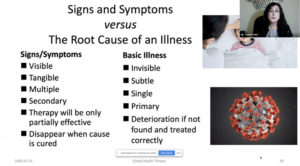
If these threats are so well-known, yet the world sees a “paralysis of the body politic” in response, a logical next step is to find underlying problems and address them, said Sepideh Taheri, medical educator at the University of London in Canada. Her presentation examined methods of root-cause analysis, originally an industrial safety planning tool that is now widely used to analyze complex problems without encouraging “a culture of blame.”
Baha’u’llah, prophet-founder of the Baha’i Faith, often used this metaphor of the body in analyzing the root cause of the world’s troubles. He identified an underlying condition — the lack of spiritual unity among the world’s peoples, which He said was essential before peace can be sustained — and prescribed remedies for symptoms such as warfare and international disputes.
If we view all humanity as a body with parts that work together, root cause analysis is “very similar to the process that we as physicians use on a regular basis to diagnose a disease,” Taheri said. It analyzes surface symptoms and searches for an underlying disease, taking into account the “complex adaptive systems” making up the larger system.
The Baha’i community’s efforts to build a healthy global system have been verifying the power of building unity at all levels, she noted. That is important as people and institutions worldwide pin their hopes for global action and justice — in health and other areas — on solidarity among all peoples based on a shared body of values. “The principle of collective action, once a pious hope, has now become the lifeline of the world,” Taheri said.


